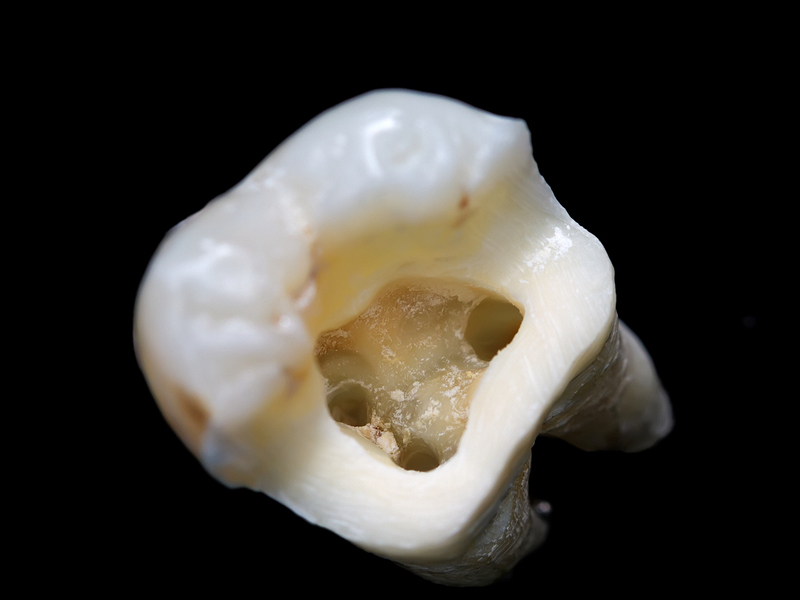 At The Fort Collins Dentist Family & Implant Dentistry, we perform emergency root canals. Though this procedure strikes fear into the hearts of many individuals, they should be more afraid of not having a root canal.
At The Fort Collins Dentist Family & Implant Dentistry, we perform emergency root canals. Though this procedure strikes fear into the hearts of many individuals, they should be more afraid of not having a root canal.
What is a root canal?
When a tooth becomes badly infected or decayed, our qualified dental team can fix it.
First, we clean the inside of the tooth by removing the bacteria, soft tissue (called pulp), decayed nerve tissue, and any debris that may be causing the tooth infection from the inside of the tooth.
The dentist will then seal the tooth to prevent further cavities and finish by applying a crown or filling. This is the process and purpose of a root canal. The process can be completed, typically, in one or two visits. In many cases, a root canal procedure is a better option than removing the infected tooth since it allows the patient to keep their natural tooth.
Are all teeth at risk?
Teeth that are more prone to requiring a root canal are cracked or chipped, have received repeated dental procedures, have been damaged by trauma to the face, or are suffering from deep tooth decay. Wearing a mouth guard can help prevent damage sustained to teeth and practicing good oral hygiene habits, such as daily flossing and brushing, coupled with regular dental visits, can reduce the possibility of needing a root canal.
Though a root canal can be intimidating or scary, educating yourself and talking to your dentist can relieve much of your anxiety. Root canals are often not painful, and for many individuals, the pain of the infection experienced beforehand is worse than any pain that might be experienced during the procedure.
Because teeth with infected pulp tissue often do not produce symptoms, it is critical to have regular dental examinations. Your dentist can determine which (if any) teeth have infected roots. If the infection in the soft pulp tissue is left untreated, it can progress to a point where the tooth cannot be saved.
Contact The Fort Collins Dentist Family & Implant Dentistry:
970-221-5115
Location (Tap to open in Google Maps):
2001 S Shields St Bldg L
Fort Collins, Colorado
80526










